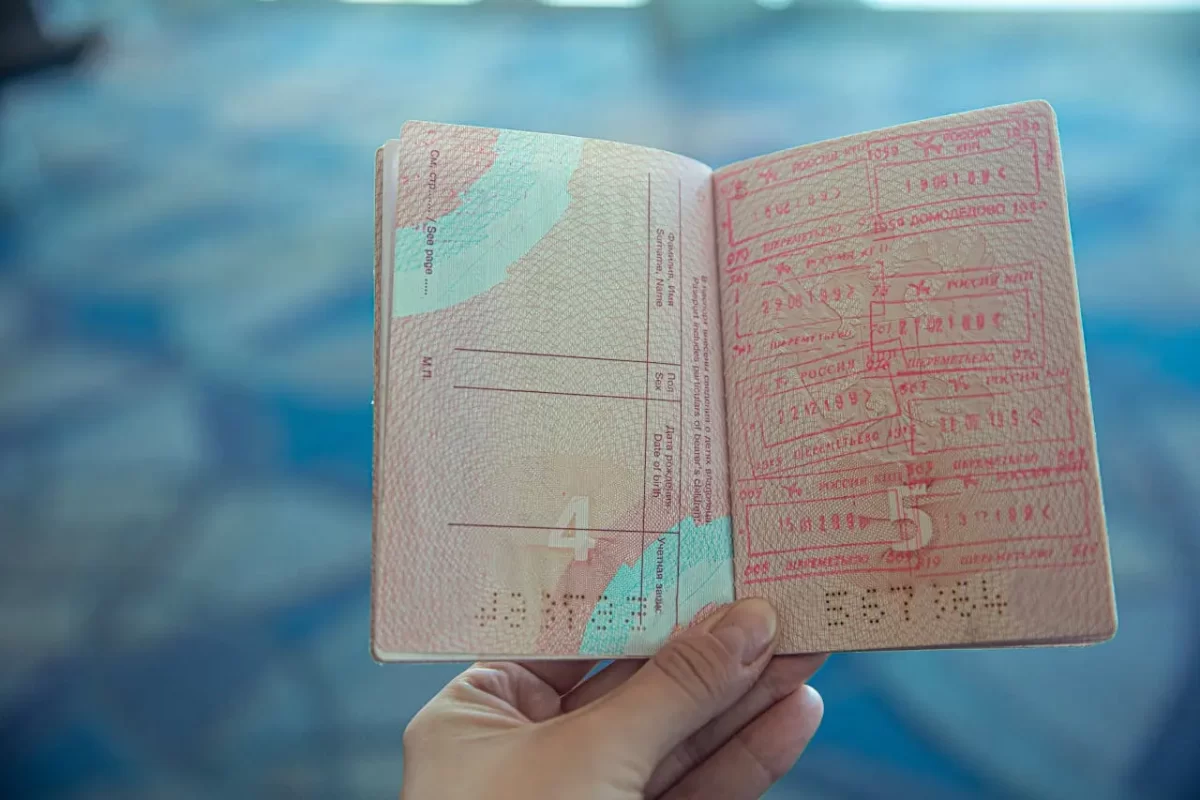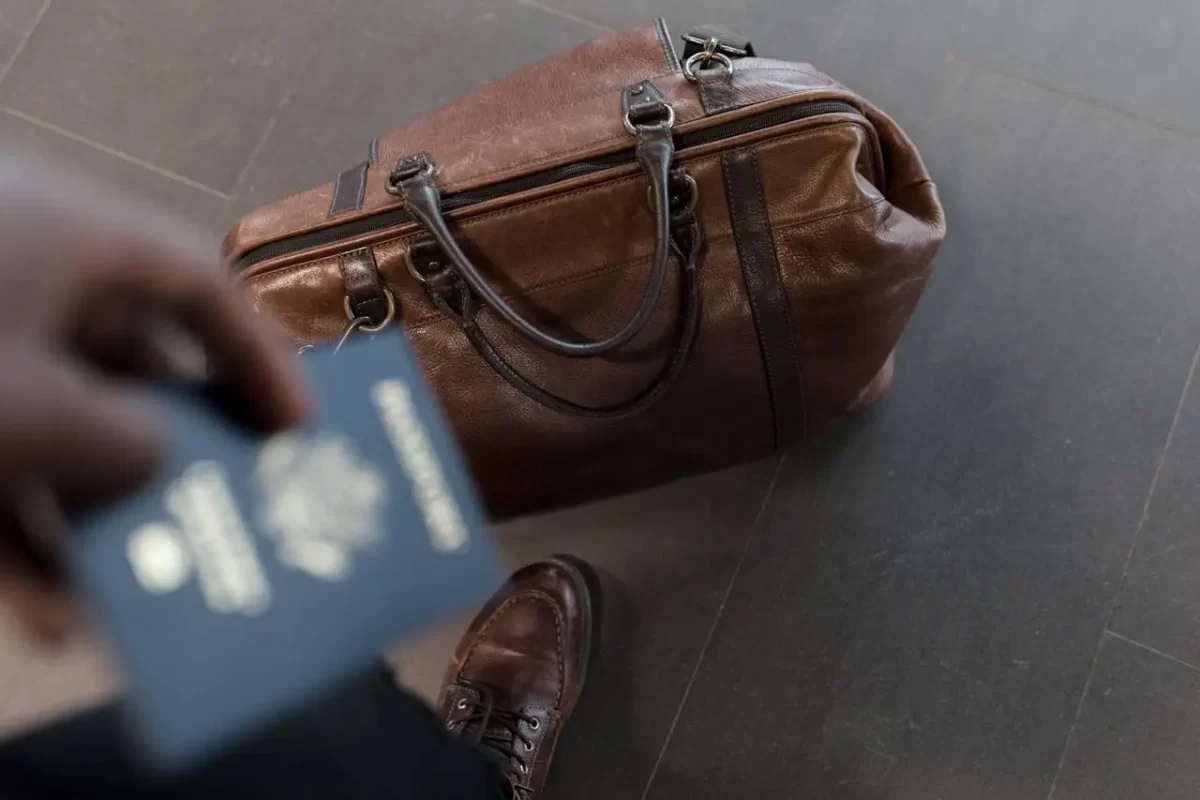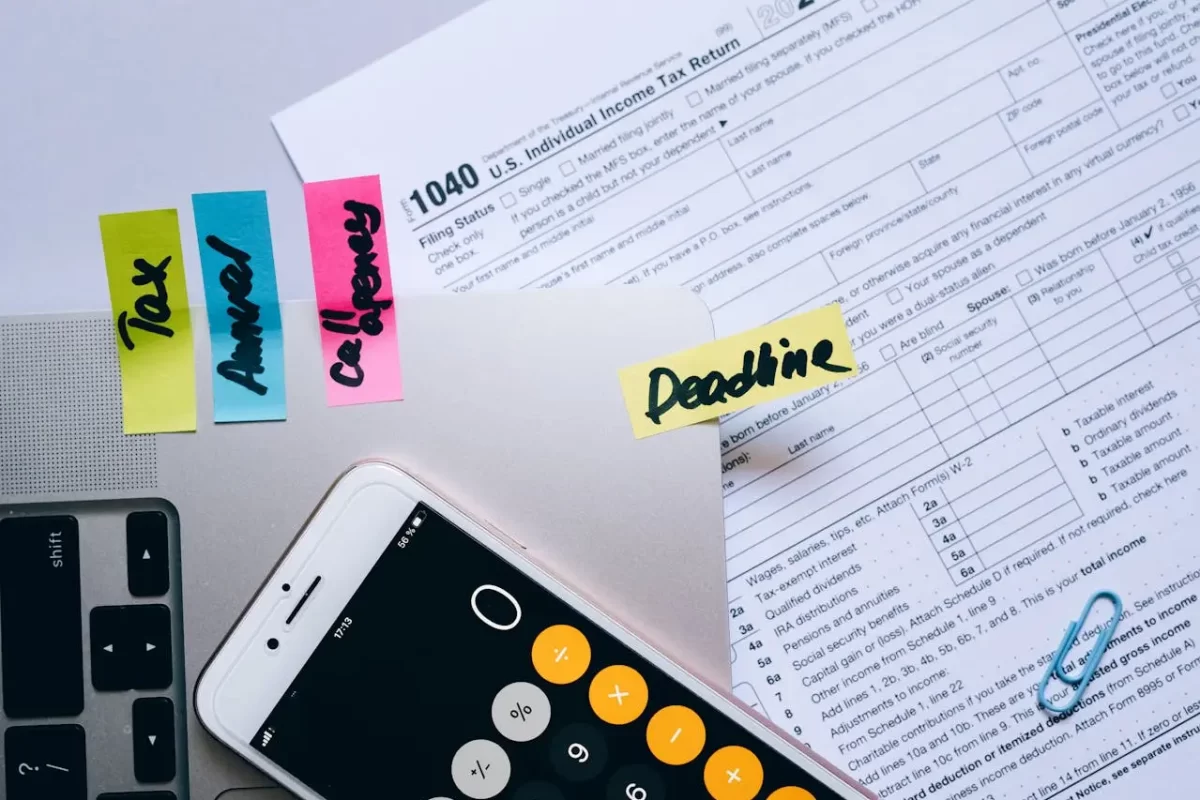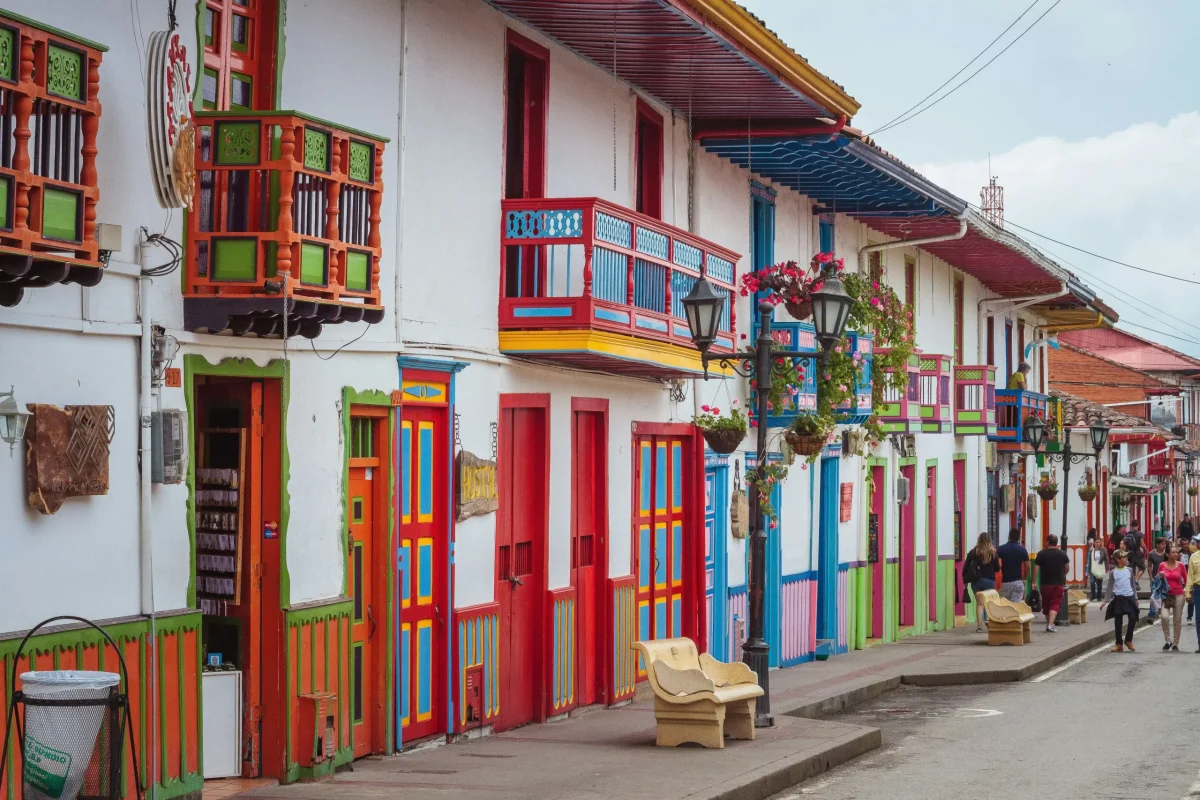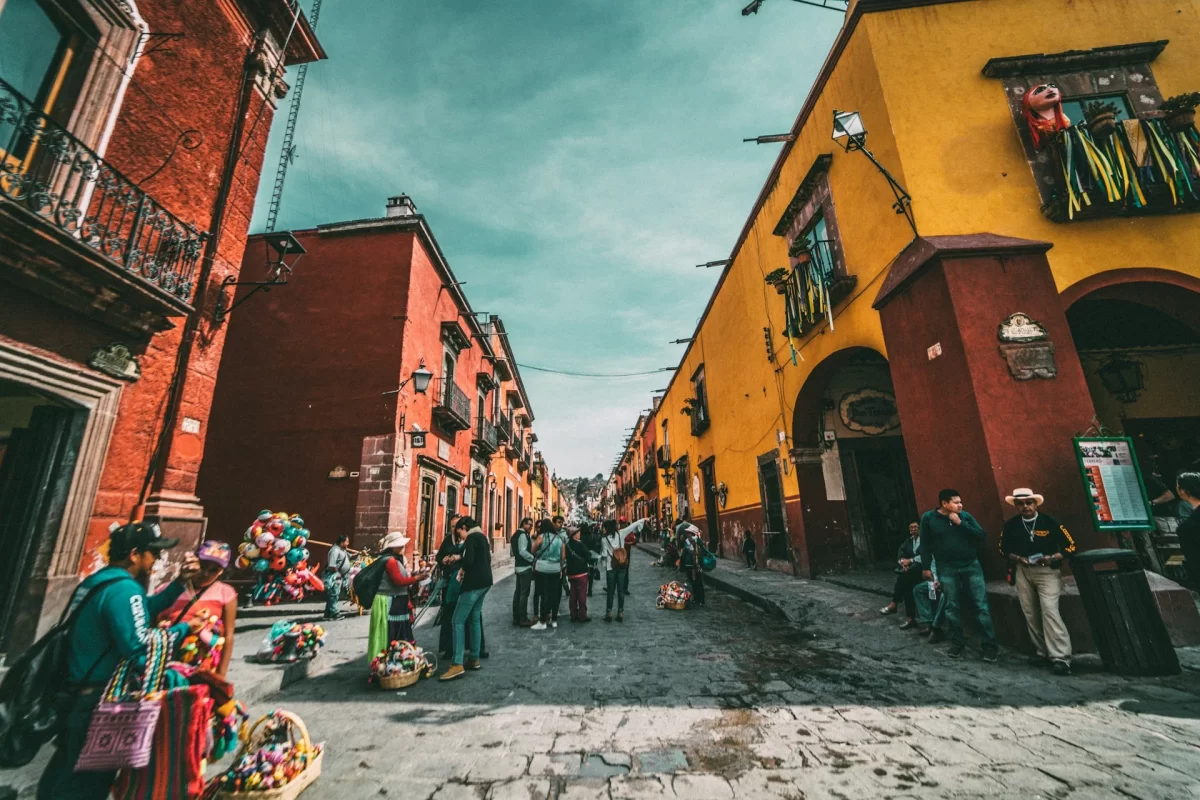Holidays and Leave Entitlement in Chile
In Chile, full-time employees are entitled to paid annual leave, sick leave, and numerous public holidays. Regional leave differences, additional parental and medical-related leaves, and specific rules for working during holidays make compliance a key HR focus.
Learn more about employee leave entitlements in Chile ⬇️
15 days per year after 1 year of service + 15 public holidays + special regional and medical leaves
Holiday and leave entitlements in Chile
In Chile, all employees are entitled to annual paid leave after completing 12 months of continuous employment with the same employer. The statutory leave entitlement is 15 working days per year, with Saturdays excluded from the count. This paid leave is granted as a full rest period and cannot be replaced with extra pay.
Regional Differences in Leave
In certain southern regions of Chile, employees receive more vacation:
Región de Aysén
Región de Magallanes
Provincia de Palena
In these areas, employees earn 20 working days of leave instead of 15.
Eligibility for Annual Leave
Employees in Chile qualify for annual paid leave after one year of uninterrupted service. This entitlement applies to:
Full-time and part-time employees
Those with permanent or fixed-term contracts
Employees regardless of job role, working hours, or seniority
This right is governed by the Chilean Labor Code, which establishes that the employee’s obligation to work is suspended during the leave period, while the employer remains responsible for full wage payment.
Taking a holiday leave
To request their annual paid leave, employees must submit a formal request to their employer. The timing of the leave is generally agreed upon between both parties, but the employer cannot unilaterally impose vacation dates—except in the case of a collective company closure of at least 15 working days, in which all employees must take their vacation simultaneously, even if they haven’t completed a full year.
The employee cannot demand leave before completing the 12-month requirement. However, employers may voluntarily grant leave in advance. Once the leave is approved, the employer must continue paying the employee’s full salary during the absence, calculated as the fixed salary or an average of the past three months for variable compensation.
Vacation in Installments
Under Article 70, at least 10 days must be taken consecutively. The remaining 5 can be split or postponed by agreement between the employer and the employee.
Relevant Law – Article 70 of the Chilean Labor Code:
« The vacation must be continuous, but the portion exceeding 10 working days may be split by mutual agreement »
Carrying Over and Selling Annual Leave
Carrying Over Vacation Days
In Chile, employees can carry over unused vacation days, but only up to two consecutive periods. This means if an employee does not take their 15 working days of annual leave in a given year, they may accumulate them with the next year’s entitlement. However, once this two-year limit is exceeded, the employer is obligated to ensure the employee takes the accumulated vacation before a new entitlement cycle begins.
Selling Annual Leave
However, Chilean labor law does not permit the sale or monetary compensation of unused vacation days as a replacement for actual time off. Annual leave must be used for real and effective rest. The only exceptions to this rule apply upon termination of the employment contract, where the employer must compensate the employee for both accrued and proportional vacation days not yet taken. Additionally, for progressive leave rights (granted after 10 years of service), the law allows for the monetary negotiation of extra days, but only those in excess of the statutory 15.

Streamline Your Expansion with EOR Services in LATAM
Expand across Latin America effortlessly with our Employer of Record (EOR) services. We handle compliance, payroll, and employee management, ensuring smooth operations while you focus on growing your business.
Public Holidays in Chile
Chile observes 15 national public holidays each year, plus occasional regional holidays declared by local authorities. Employees are entitled to paid time off on these days. If employees are required to work during a public holiday, they are entitled to a compensatory day off within the same workweek or overtime pay of at least 150%, depending on their contract and job classification.
Here’s a list of the most commonly observed national holidays in Chile:
New Year’s Day (Año Nuevo) – January 1
Good Friday (Viernes Santo) – March/April (date varies)
Holy Saturday (Sábado Santo) – March/April (date varies)
Labour Day (Día del Trabajo) – May 1
Navy Day (Día de las Glorias Navales) – May 21
National Day of Indigenous Peoples (Día Nacional de los Pueblos Indígenas) – June (date varies)
Saint Peter and Saint Paul (San Pedro y San Pablo) – June 29 (often moved to a Monday)
Our Lady of Mount Carmel (Virgen del Carmen) – July 16
Assumption of Mary (Asunción de la Virgen) – August 15
Independence Day (Fiestas Patrias) – September 18
Army Day (Día de las Glorias del Ejército) – September 19
Columbus Day (Día del Descubrimiento de Dos Mundos) – October 12 (may be moved)
Reformation Day (Día Nacional de las Iglesias Evangélicas y Protestantes) – October 31
All Saints’ Day (Día de Todos los Santos) – November 1
Immaculate Conception (Inmaculada Concepción) – December 8
Christmas Day (Navidad) – December 25

Sick Leave in Chile
Chile allows unlimited sick leave as long as the employee presents a certified medical note (licencia médica) within 2 business days. Health insurers (not employers) pay for the leave:
No pay for first 3 days
Day 4–10: Full pay
Over 10 days: Full pay from day one
Employees cannot be terminated while on sick leave.
Parental Leave in Chile
Women get 18 weeks of paid leave (6 prenatal, 12 postnatal). Premature births or twins extend postnatal leave. Social security covers full salary. Employers cannot terminate during pregnancy plus one year post-leave.
Women can share up to six weeks of maternity leave with the father.
Fathers receive five days of paternity leave, payable by the employer.
Other leaves in Brazil
Breastfeeding Break
Employees with children under two get 1 hour paid break daily. They can choose when and how to take it. This break is mandatory.
Childcare & Carer’s Leave
Parents can take 10 days per year off if a child faces serious illness. Leaves are paid but must be made up later. If a close family member dies, employees get 3–7 days bereavement leave, depending on the relationship.
Marriage & Medical Leave
Employees receive 5 paid days for marriage or civil union. They also get half a day off for preventive medical or vaccination appointments.
Military & Reserve Leave
Reserve service under 30 days does not disrupt employment. Employers must maintain the employee’s position and normal pay.
Manage Holidays and Leave entitlement in Chile with Europortage
Keeping track of holidays and leave entitlements in Chile can be complex, especially for companies managing remote or cross-border teams. At Europortage, we help you stay compliant with all employment laws. From onboarding to payroll processing and leave tracking, our Employer of Record (EOR) services in Chile ensure your company avoids legal risks and runs smoothly.
FAQ
What is the legal annual leave entitlement for employees in Chile?
Employees with over one year of service are entitled to 15 working days of paid vacation (feriado anual). For this calculation, Saturdays are considered non-working days, regardless of the employee’s actual schedule.
Can an employee take vacation before completing a full year of work?
No. The right to vacation only begins the day after completing one full year of service. However, the employer may voluntarily grant early leave.
Can vacation periods be accumulated?
Yes, but only up to two consecutive years, and with employer approval. The employee must take at least 10 working days continuously, while the remaining days may be split by mutual agreement.
Can the employer decide when an employee takes their vacation?
Generally, no. Vacation timing must be agreed upon. However, if the company or a department closes for at least 15 working days, the employer can enforce collective vacation — even if some employees haven’t reached the one-year mark.
How is vacation pay calculated?
For employees with fixed salary, vacation pay equals the regular monthly salary.
For employees with variable income (e.g., commissions), the vacation pay is the average of the last 3 months.
If both fixed and variable elements apply, the employer must pay the fixed salary plus the 3-month average of the variable income.
Can an employee receive extra pay instead of taking time off?
No. Vacation must be taken as real, uninterrupted rest. Paying in lieu of vacation is prohibited, except in one case:
For progressive leave (earned after 10 years of work), employees may negotiate compensation for unused extra days.
When can vacation be paid out instead of taken?
Only upon contract termination. In that case, the employer must pay:
All unused accrued vacation, and
Proportional vacation days based on the time worked during the current (incomplete) year.




